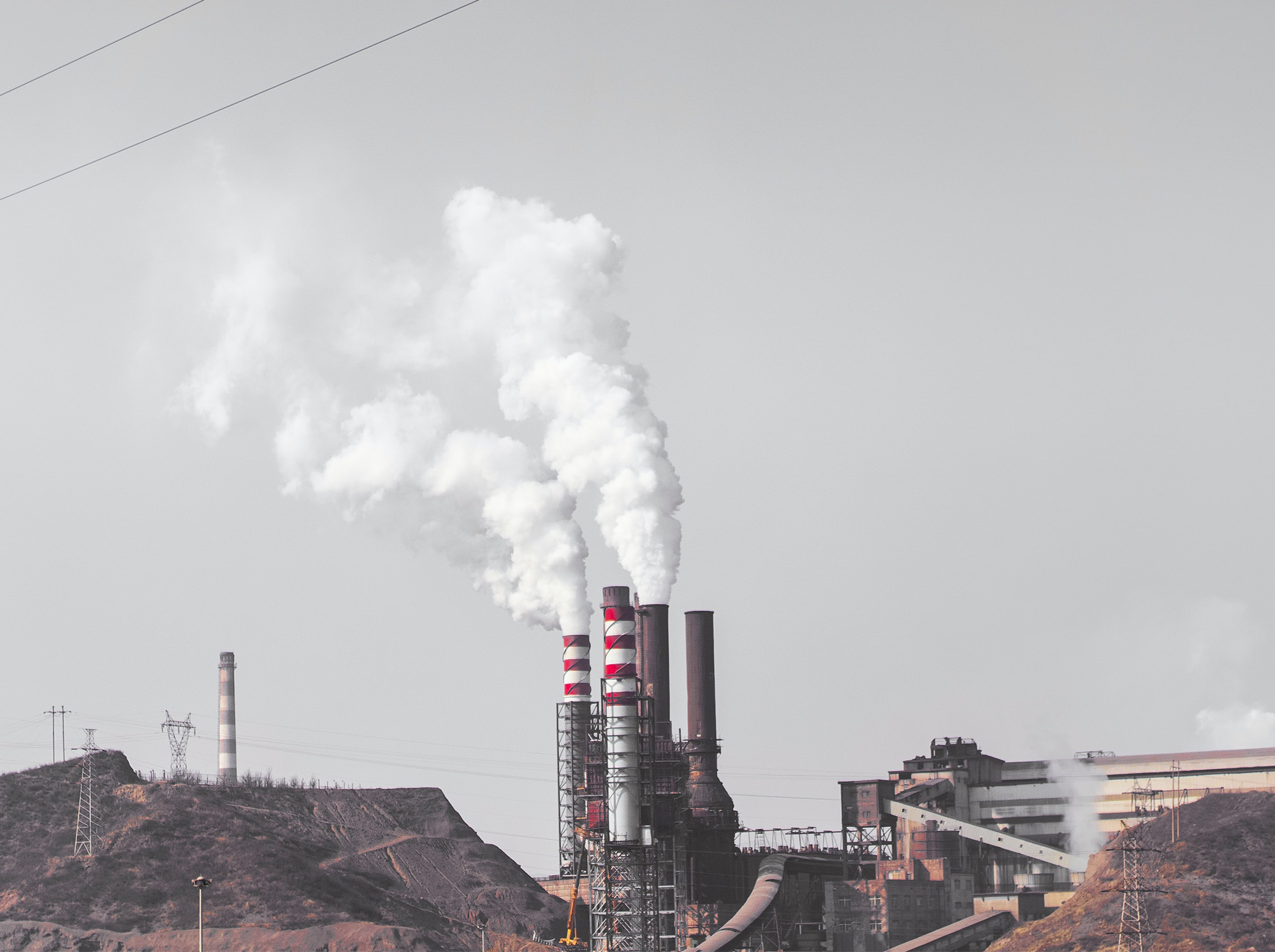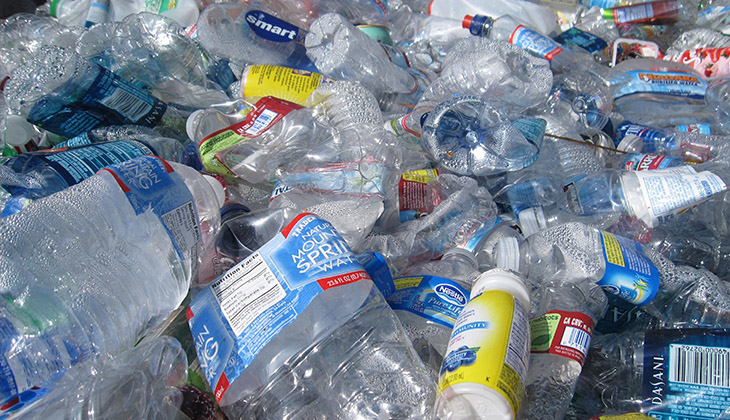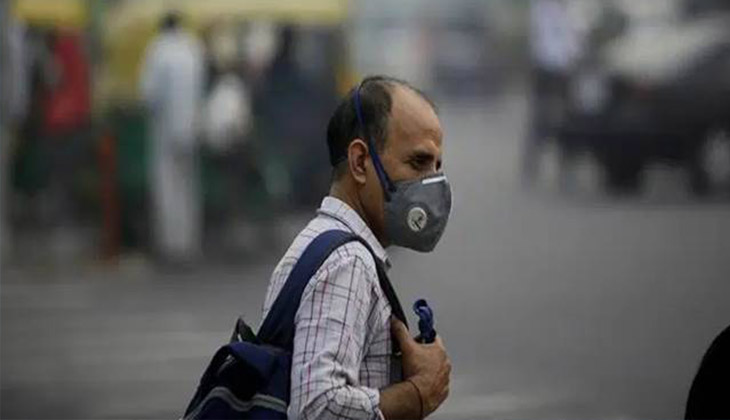Pollution & Waste Management
Pollution and waste are a runaway problem in India, affecting public health and the economy. Air pollution (outdoor and indoor) reportedly kills 1.2 million people every year, while 112 cities across 23 states, fall far short of meeting the annual average ambient air quality standards. Similarly, groundwater in most districts is polluted, even though it accounts for nearly 80% of drinking water supply. Our rivers are no better; more than 350 river stretches are grossly polluted. Solid waste management is equally challenging.; the growing waste burden versus poor management leads to 50% of waste being thrown in dumpsites. The poor status of pollution and waste management persists due to lack of credible baseline data, weak capacity of regulators and implementing authorities, non-use of appropriate technologies, and poor citizen’s participation.
The goal of our work on pollution and waste management is to improve policies and practices, and innovate on strategic solutions through engagement with various stakeholders. We are focussed on generating high-quality data, and undertaking research and advocacy to this end. We are also engaged in scaling-up ground-level change through demonstration of best practices, sharing knowledge and building partnerships.
Solid Waste Management
India generates over 0.15 million tonnes of municipal solid waste per day, which is estimated to grow three times by 2030. Only one-third of the waste is processed, and the rest is either dumped or burned in open areas. The waste problem is a combination of poor collection, transportation, treatment and disposal mechanisms by municipalities. Our work is focused on ensuring decentralised waste management, improving policies and capacities of authorities, and making citizens waste wise.
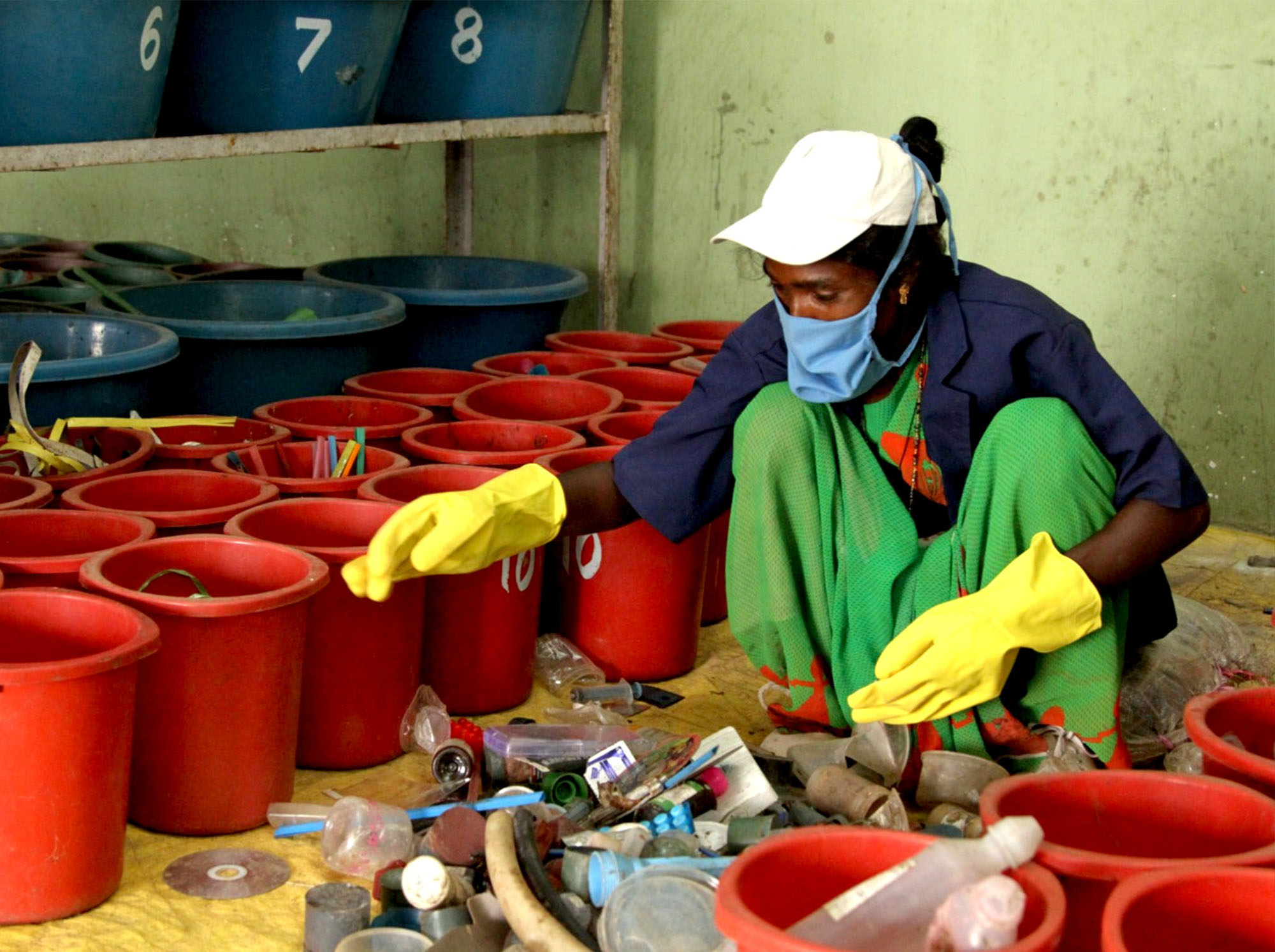
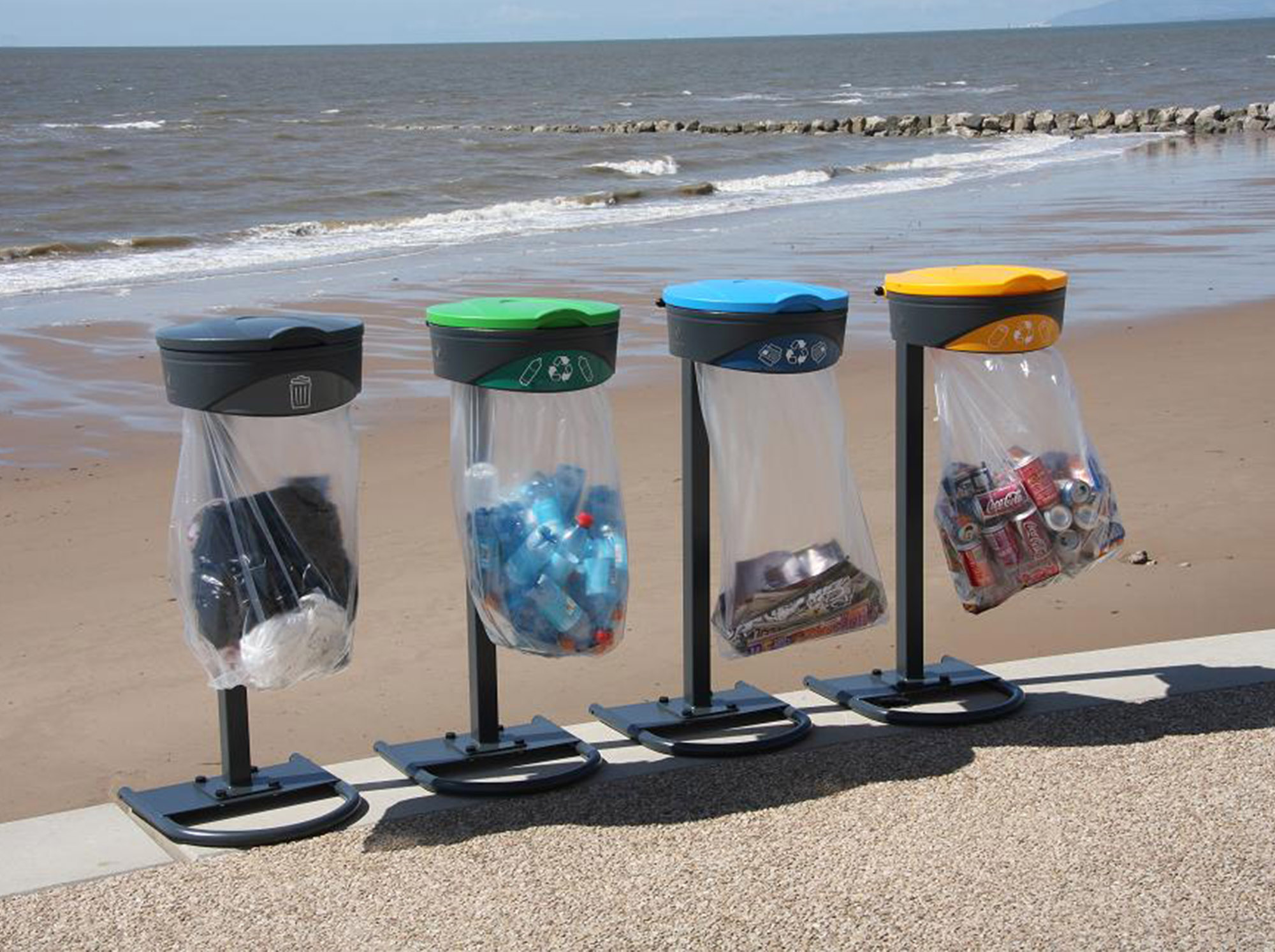
Plastic Waste & Marine Litter
At least 8 million tonnes of plastic waste enter the oceans every year, of which 80% comes from land-based sources; single-use plastics (SUPs) have a significant share of this. Market transformation, along with stringent regulations, is crucial to deal with SUPs and marine plastic pollution. We are working with multiple stakeholders to transform the market and improve laws for effective plastic waste management, and subsequently, reduce marine pollution from plastics.
Industrial Pollution
Despite having various laws in hand to regulate industrial pollution, the issue continues to be a significant problem in India. The reasons for this include outdated standards, inadequate monitoring and enforcement, weak capacity of regulators etc. Our work is focused on strengthening monitoring, compliance and enforcement, and building the capacity of industries and regulators on best practices and innovative solutions.
